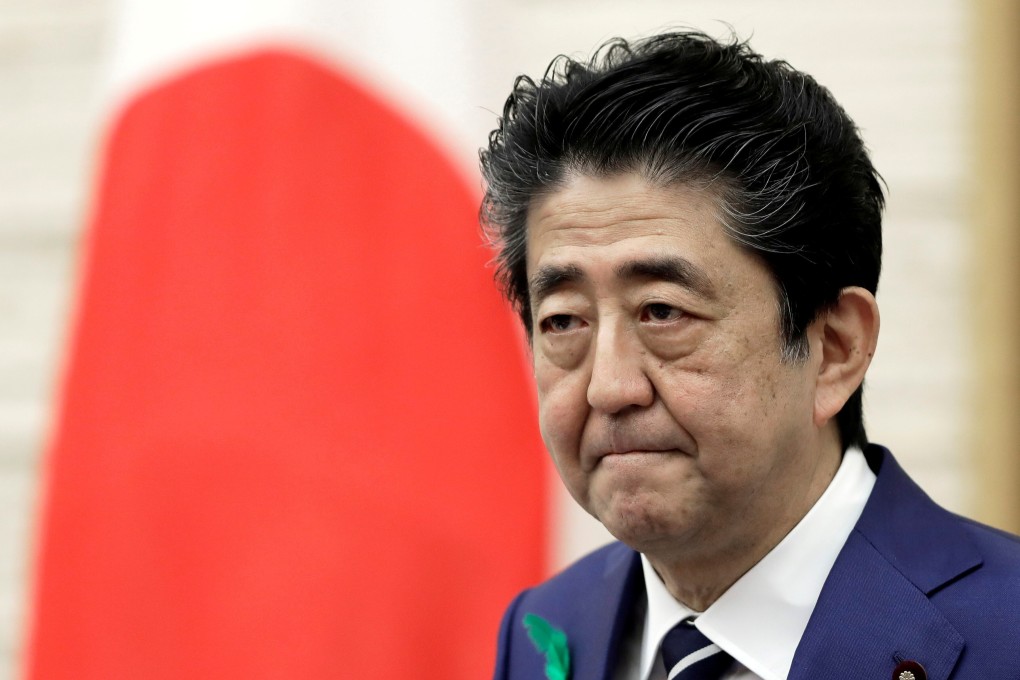Advertisement
‘Don’t destroy this country’: Japan celebrities break with tradition to lead anti-Abe protest on social media
- Critics say Hiromu Kurokawa, an ally of PM Shinzo Abe who was supposed to retire in February, is being primed to replace the current prosecutor general
- Abe wants to change the law to allow the 63-year-old to continue working – raising favouritism concerns and sparking a rare outcry from Japan’s famous
Reading Time:3 minutes
Why you can trust SCMP

A number of Japanese celebrities – not normally known for voicing their opinions on political matters – have thrown their weight behind a campaign aimed at stopping the government of Prime Minister Shinzo Abe from allowing a top prosecutor to work on beyond his mandatory retirement age.
Hiromu Kurokawa, head of the Tokyo High Public Prosecutor’s Office and an Abe ally, was supposed to retire on February 7 when he turned 63. But just days before, the government announced it had decided to extend his tenure.
Critics say Kurokawa is being primed to replace Japan’s current prosecutor general who will step down in the summer, and that his delayed retirement is part of this plan. They also charge him with being far from independent of the ruling Liberal Democratic Party – Yukio Edano, leader of the opposition Constitutional Democratic Party of Japan, said Kurokawa had “controlled the administration of the judiciary in compliance” with Abe’s administration.
Advertisement
A parliamentary debate on revising the law to allow Kurokawa to remain in post began on Friday, attracting a surprising amount of interest from Japan’s artists, actors, comedians and other creative types.

Advertisement
Arata Irua, an actor, model and fashion designer, took to Twitter to implore legislators not to “bend the law and politics any further” in the name of “self-protection”. “Please don’t destroy this country,” he said.
Other celebrities to join the chorus of condemnation included fellow actors Tadanobu Asano and Sayaka Akimoto, manga artists Chika Umino and Kotobuki Shiriagari, and stand-up comedian Kayoko Okubo.
Advertisement
Select Voice
Choose your listening speed
Get through articles 2x faster
1.25x
250 WPM
Slow
Average
Fast
1.25x